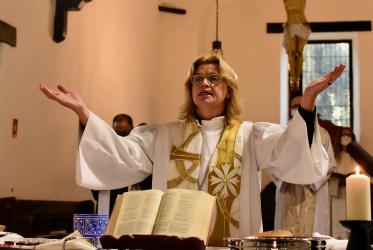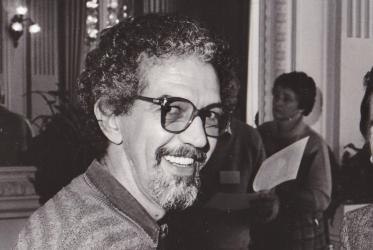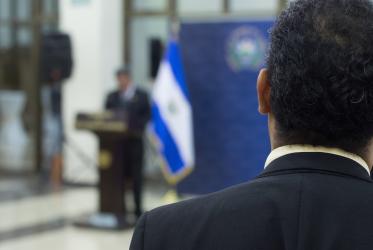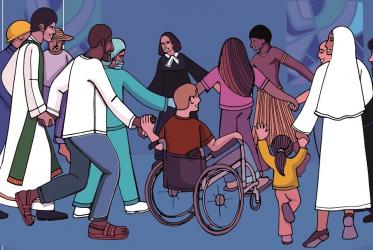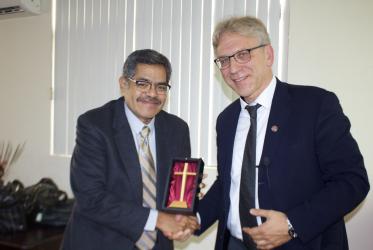Displaying 21 - 40 of 99
In Chile, “Churches’ ministry of reconciliation is key”
29 November 2022
Brazilian churches call for transformative racial justice
23 November 2020
Thomas Kang: “Hope is what moves Christians”
21 August 2020

